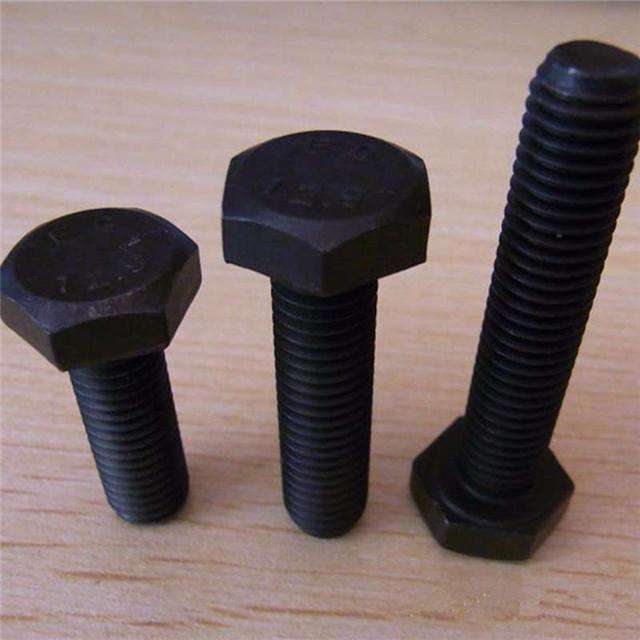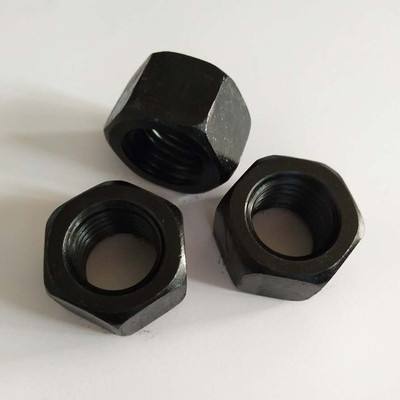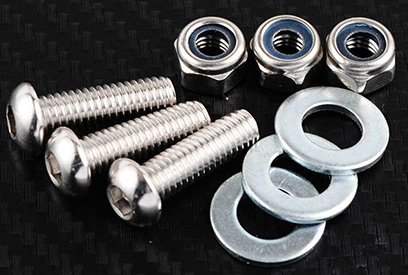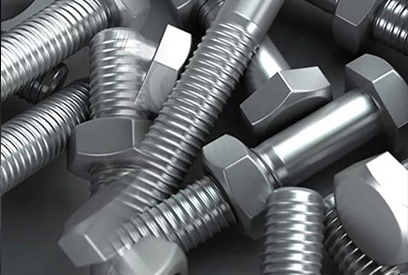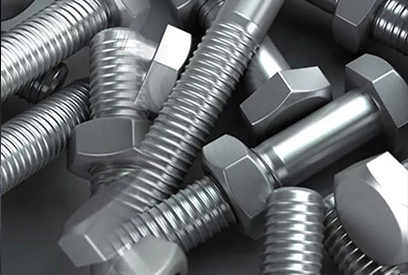Stud Bolt Supplier introduces the advantages of locknuts:
An Anti-loosening nut is a common type of tightening anti-loosing nut. In some important occasions, in the operation of mechanical equipment, the nut will loosen due to long use time. At this time, we will take some anti-loosing measures to ensure that the nut is locked. The reliability of the locknut comes in handy. Many of the current locknuts are made of nylon, that is, a layer of nylon is embedded on the nut to make the locknut.
1.Anti-vibration performance: The normal force generated when the anti-loosening nut is tightened is much greater than that of the ordinary standard nut, which has great anti-loosening and anti-vibration ability.
2.There is directionality. The standard nut has no directionality, it can be screwed in from either end of the nut (bolt). The thread is directional, and the locking force can only be generated after the bolt is screwed in one direction. Therefore, it is recommended to use flange locknuts or flange locknuts and other nuts with directional characteristics in the shape to prevent incorrect installation.
3.Strong wear resistance and shear resistance: the 30° inclined surface of the nut thread bottom can make the nut locking force evenly distributed on all the threads of each tooth. Since the compression force on the thread surface of each tooth is evenly distributed, the nut It can better solve the problems of thread wear and shear deformation.
4.The anti-loosening nut has good repeated use performance: a large number of use shows that the number of repeated use mainly depends on the use environment. After repeated tightening and disassembly of the anti-loosening nut, its locking force does not decrease, and the original locking effect can be maintained. Because the external diffusion speed of chromium molecules is much slower than the external diffusion of oxygen atoms, it can’t make up for the chromium consumed to produce cementite. Therefore, the edge of the crystal is depleted in chromium and lacks corrosion resistance. Under the standard of hydrogen working conditions, it will cause Stress corrosion, which in turn causes stress corrosion cracks.



